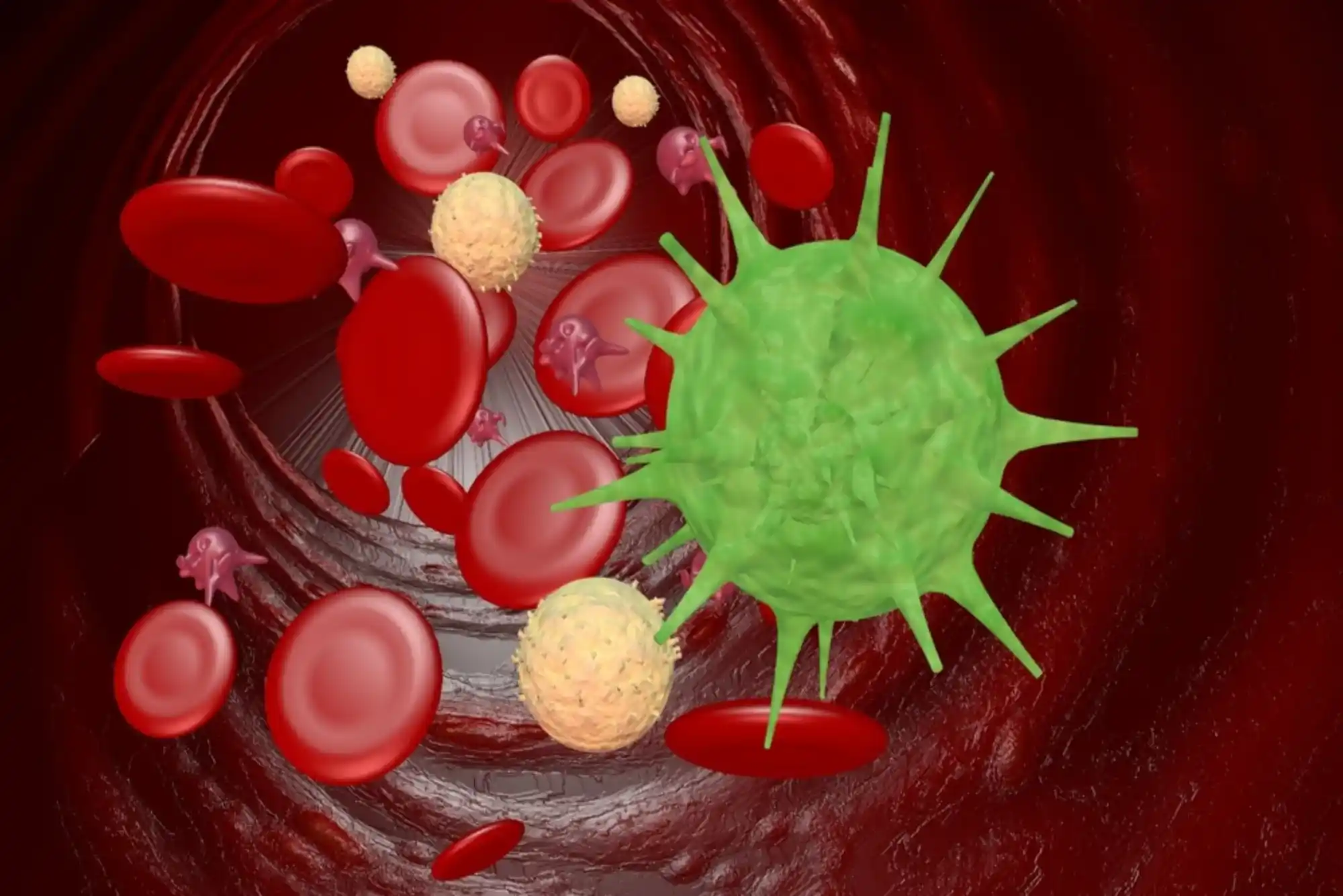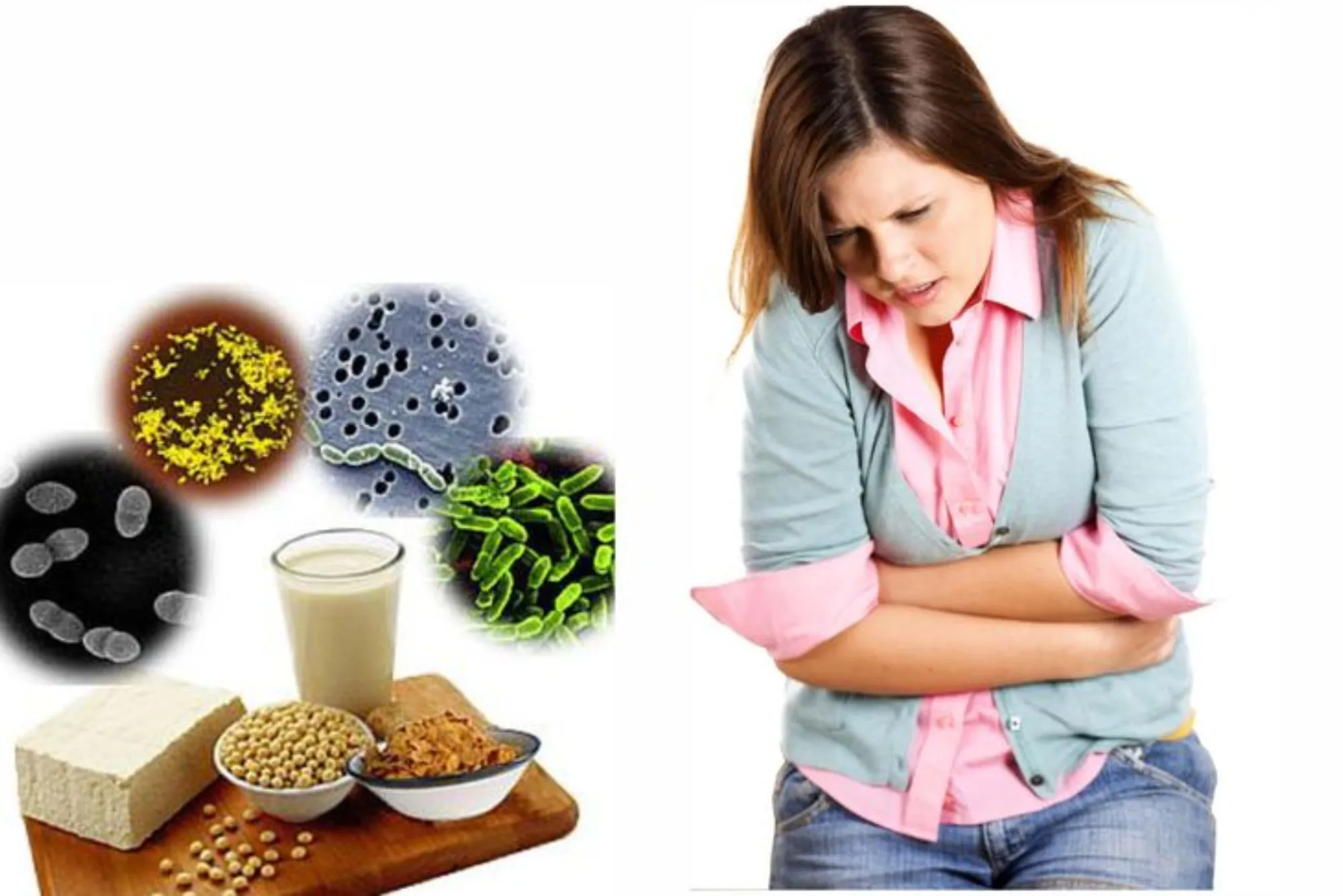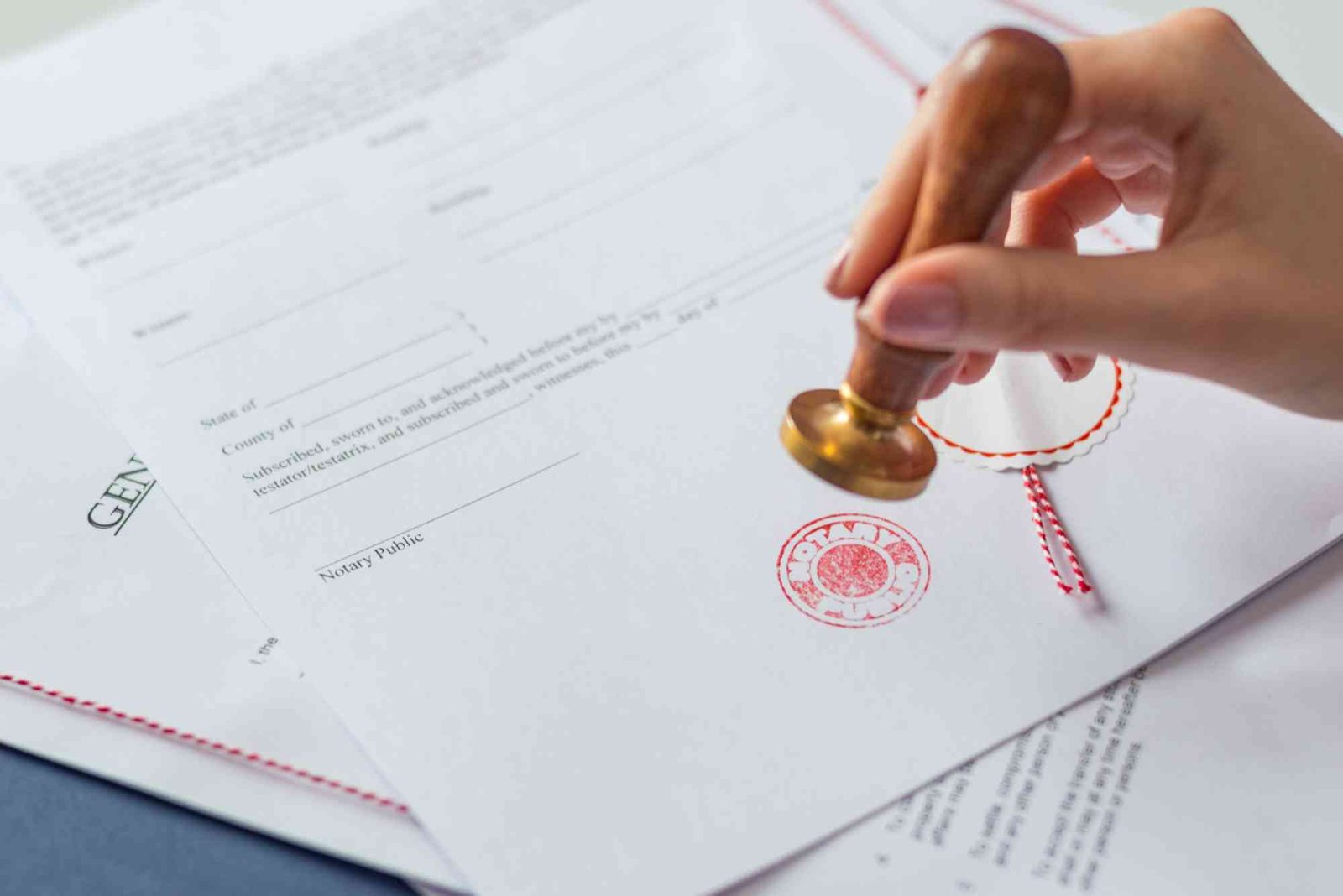Food poisoning is a common health concern that can strike anyone at any time. With its wide range of symptoms and causes, it often raises the question, is food poisoning contagious? Understanding the nature of food poisoning, how it spreads, and the measures to prevent it is essential for safeguarding your health and the health of those around you. This comprehensive guide will delve into the various aspects of food poisoning, exploring its causes, symptoms, and whether it can be transmitted from one person to another.
What is Food Poisoning?
Food poisoning, also known as foodborne illness, occurs when individuals consume contaminated food or beverages. The contamination can arise from various sources, including:
- Bacteria: Common bacteria that cause food poisoning include Salmonella, Escherichia coli (E. coli), and Listeria.
- Viruses: Viruses like Norovirus and Hepatitis A are known culprits of foodborne illness.
- Parasites: Parasites such as Giardia and Cryptosporidium can also lead to food poisoning.
- Chemicals: Exposure to harmful chemicals, either through contaminated water or food, can result in food poisoning.
Each of these agents can cause various symptoms, but they all share one common factor: they can significantly impact an individual’s health.
Symptoms of Food Poisoning
The symptoms of food poisoning can vary based on the causative agent and the individual’s health. Common symptoms include:
- Nausea and vomiting
- Diarrhea
- Abdominal cramps
- Fever
- Fatigue
- Headaches
Symptoms may manifest within hours or even days after consuming contaminated food or beverages. While most individuals recover without treatment, severe cases can lead to complications requiring medical attention.
How Does Food Poisoning Occur?
Understanding how food poisoning occurs is critical for recognizing potential risks. Food can become contaminated at any stage of the food supply chain, including:
Production
Contamination can begin at the source, with improper handling of food during farming, processing, and packaging. Bacteria and pathogens can thrive in unsanitary conditions, leading to contaminated products reaching consumers.
Preparation
Improper food preparation practices, such as inadequate cooking temperatures, cross-contamination, and poor personal hygiene among food handlers, can increase the risk of foodborne illnesses. It is essential to wash hands, utensils, and surfaces thoroughly to prevent contamination.
Storage
Improper storage of food can promote the growth of harmful bacteria. Food should be stored at safe temperatures to minimize the risk of contamination. Perishable items must be refrigerated, while dry goods should be stored in a cool, dry place.
Consumption
Consuming food from unreliable sources, such as street vendors or unregulated markets, can increase the risk of food poisoning. It is crucial to be cautious about food choices and ensure that food is cooked and handled safely.
Is Food Poisoning Contagious?
The short answer is that food poisoning itself is not contagious in the traditional sense. It is not spread from person to person through casual contact, like the flu or a cold. However, certain factors can lead to situations that might give the impression of contagiousness:
Common Sources of Contamination
If multiple individuals consume the same contaminated food, they may all experience food poisoning symptoms. This can lead to a perception that the illness is contagious. For example, if a family dines at a restaurant and the meal is contaminated, all family members may fall ill.
Person-to-Person Transmission of Viruses
While bacteria causing food poisoning are not contagious, some viruses associated with foodborne illnesses can be transmitted from one person to another. For instance, Norovirus, often linked to outbreaks on cruise ships or in crowded places, can spread through close contact with an infected person or by touching contaminated surfaces.
Hygiene Practices
Poor hygiene practices can lead to the spread of pathogens from an infected individual to food or surfaces. For example, if an infected person prepares food without washing their hands, they can contaminate the food, potentially affecting those who consume it. This is why maintaining good hygiene, especially when handling food, is essential.
Preventing Food Poisoning

Preventing food poisoning requires vigilance at every stage of food handling. Here are essential tips for reducing the risk of foodborne illnesses:
Practice Safe Food Handling
- Wash Hands: Always wash your hands thoroughly before and after handling food, especially raw meats and poultry.
- Use Separate Cutting Boards: To prevent cross-contamination, use separate cutting boards for raw meats and vegetables.
- Cook Thoroughly: Ensure that food is cooked to safe internal temperatures. Use a food thermometer to check doneness.
Store Food Safely
- Refrigerate Promptly: Store perishable items in the refrigerator within two hours of cooking or purchasing.
- Check Expiration Dates: Regularly check the expiration dates on food products and discard anything that is past its prime.
Be Cautious When Dining Out
- Choose Reputable Restaurants: Opt for restaurants with good reviews and sanitation practices.
- Ask About Food Preparation: Don’t hesitate to ask about how food is prepared, especially regarding raw or undercooked items.
Stay Informed
- Watch for Outbreaks: Be aware of food recalls and outbreaks in your area. The Centers for Disease Control and Prevention (CDC) and the Food and Drug Administration (FDA) provide updates on food safety issues.
What to Do If You Experience Symptoms
If you suspect you have food poisoning, it’s essential to take appropriate actions:
Stay Hydrated
Diarrhea and vomiting can lead to dehydration. Drink plenty of fluids, such as water, clear broth, or oral rehydration solutions. Avoid caffeinated or alcoholic beverages, as they can worsen dehydration.
Rest and Monitor Symptoms
Get plenty of rest and monitor your symptoms. Most cases of food poisoning resolve within a few days. However, if symptoms persist or worsen, seek medical attention.
When to Seek Medical Help
- Severe Symptoms: If you experience severe abdominal pain, high fever, or blood in your stool, seek medical attention immediately.
- Dehydration Signs: Watch for signs of dehydration, such as dizziness, dry mouth, or reduced urination. If you experience these symptoms, consult a healthcare professional.
In summary, while food poisoning is not contagious in the traditional sense, certain factors can create circumstances that mimic contagion. Understanding how food becomes contaminated, recognizing the symptoms of food poisoning, and implementing preventive measures are crucial for safeguarding your health. By practicing good hygiene, ensuring safe food handling, and staying informed about potential outbreaks, you can significantly reduce your risk of foodborne illnesses.
If you experience symptoms of food poisoning, prioritize hydration and rest. Don’t hesitate to seek medical attention if symptoms become severe or prolonged. By taking these steps, you can protect not only yourself but also those around you from the impacts of foodborne illnesses.




